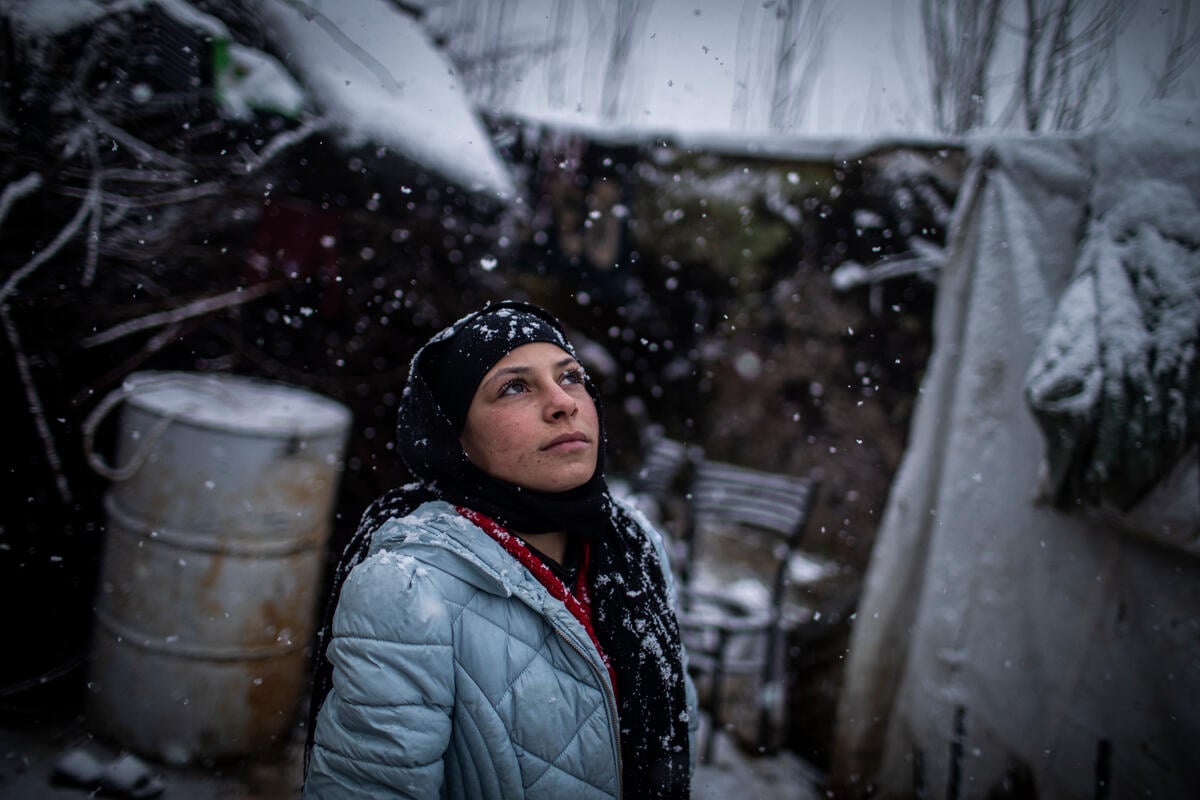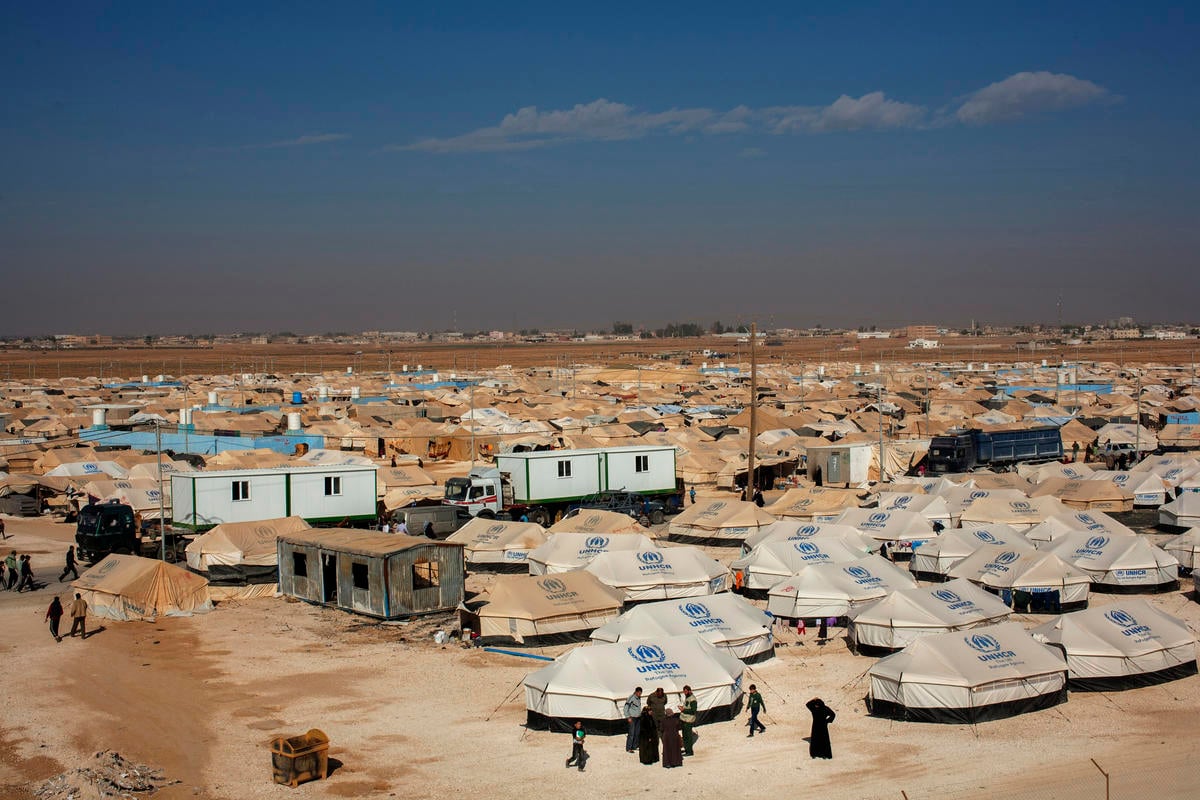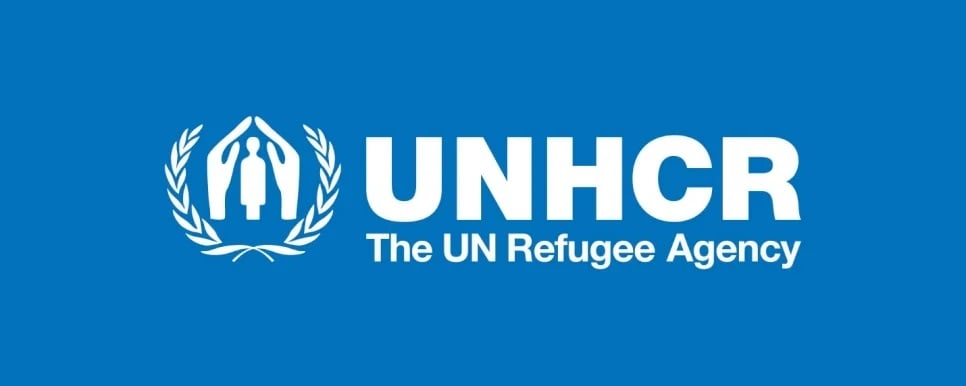Syrian families struggle to cope outside the protective umbrella of camps in Jordan
Syrian families struggle to cope outside the protective umbrella of camps in Jordan

AMMAN, Jordan, March 18 (UNHCR) - The UN refugee agency on Tuesday said that hundreds of thousands of Syrians forced into exile in Jordan are facing a fresh humanitarian crisis as they struggle to get by living outside the country's refugee camps.
The warning comes in a study by UNHCR and International Relief and Development (IRD), which highlights the day-to-day survival struggle of 450,000 Syrians as they face rising rents, inadequate housing and educational challenges for their children.
The report was based on 92,000 interviews conducted during home visits in 2012 and 2013, and reflects growing concern that as the Syria crisis enters its fourth year many refugees can no longer cope.
The study shows the dilemma that refugees face to survive in urban areas, despite the generosity and support that Jordan has continued to offer them, including free public health care and education.
"After escaping the horrors of war at home, hundreds of thousands of Syrians who have fled the violence and deprivation are facing a second crisis in their place of refuge," said Andrew Harper, UNHCR's representative in Jordan. "Syrian refugees in Jordan are hanging on by a thread: struggling to keep a roof over their heads and earn enough money to get by."
Almost four in five Syrian refugees in Jordan live outside the formal camps, but only get a fraction of the international attention given to Za'atri camp in northern Jordan. UNHCR and IRD staff interviewed tens of thousands of households to identify needs and help the hidden majority of refugees who live in towns and cities throughout the country.
The report comes amid indications that as the last of their assets are drying up, many families are turning to "negative coping mechanisms" to make ends meet, sometimes placing themselves at risk of exploitation.
More than 90 per cent of urban refugees in Jordan live in rented accommodation, the report said, and prices for Syrians have risen from 2012-2013 by as much as 25 per cent in some locations. Rent now accounts for almost two thirds of refugee expenditure, and has emerged as a primary concern for their well-being. Half of Syria's refugees feel they live in inadequate dwellings, including badly ventilated apartments that suffer from damp or mold.
The study also warned that 61 per cent of Syrian children covered by this study did not go to school during the 2012-2013 academic year, while five per cent who were at school reported having dropped out. UNHCR continues to directly investigate this issue, but reasons include bullying, challenges in adjusting to the Jordanian curriculum, inability to catch up, working in order to earn money for their families, and, not least, the over-stretched capacity of the Jordanian public education system.
"Syria's children have already lost their past. We cannot now allow a generation to lose its future," said Andrew Harper, UNHCR's representative in Jordan. "Syrian children in Jordan must be given the skills to rebuild, for themselves and the future of their country."
On a positive note, the report suggested Syrian refugees were becoming increasingly self-reliant. Access to legal employment in Jordan is challenging for refugees; however, the proportion of cases reporting receiving income earned from work rose from 28 per cent to 36 per cent between 2012 and 2013. The proportion reporting income from humanitarian assistance and charity decreased from 63 per cent to 49 per cent.
UNHCR and IRD continue to interview 10,000 refugee households every month in an effort to maintain a deep understanding of new or worsening vulnerabilities of refugee families. This will allow for services and activities that are targeted and will address the increasing needs of refugees, as the Syria crisis continues to deepen.










